Similar Posts

FDR’s Wartime Strategies Can Power a Just Transition Now – Martin Hart-Landsberg Pt. 2/2
In part two, economist Martin Hart-Landsberg underscores the importance of planning for a just transition and transformation of socio-economic relations. Hart-Landsberg examines FDR’s Defense Production Corporation and War Production Board which were established to coordinate the U.S. economy’s rapid conversion from civilian to military production. The entrepreneurial class largely opposed these changes, fearing cuts to their bottom line. Yet FDR’s government, through experimentation with different strategies, was able to successfully allocate resources towards wartime production and negotiate enough procurement contracts to drive the conversion. Hart-Landsberg’s historical analysis of the successes and challenges of FDR’s WWII production model lends important insights for solidaristic organizing and eco-socialist activism.
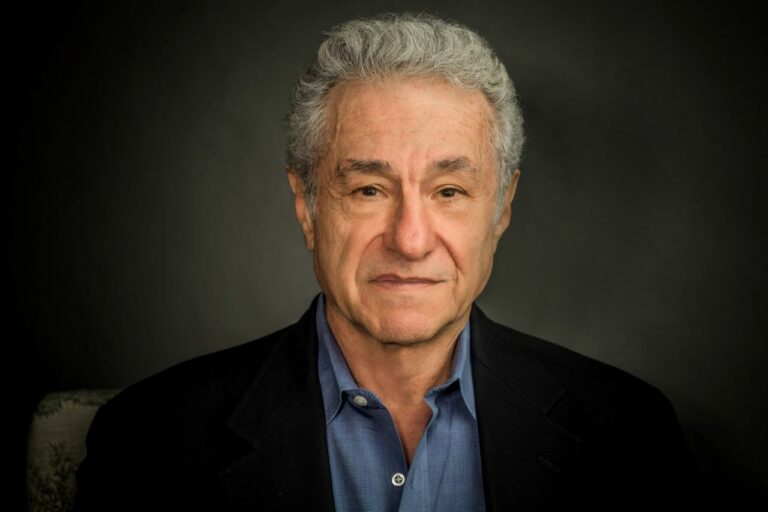
The Promise and Limitations of Worker Co-ops – Gar Alperovitz on Reality Asserts Itself (pt 4/5)
This interview was originally released on January 27, 2014. Mr. Alperovitz tells Paul Jay that the experience of Spain’s Mondragon, the world’s largest workers’ co-op, shows that workers’ ownership can go to scale, but on their own co-ops will not transform society or the economy.
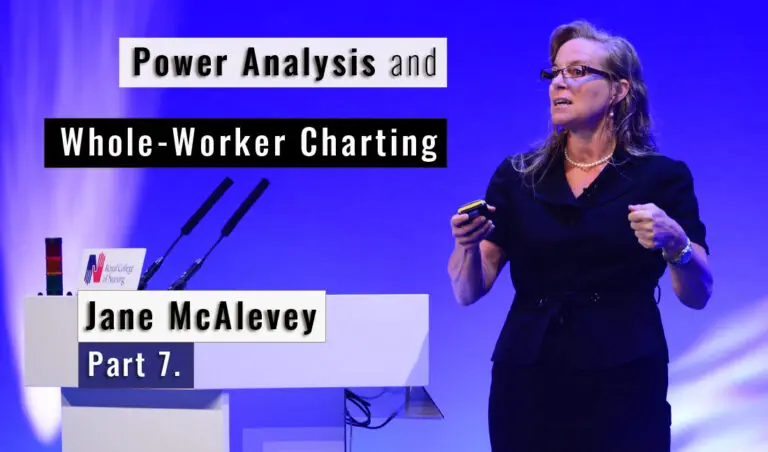
Power Analysis and Whole-Worker Charting – Jane McAlevey pt 7/8
“We do workers and contracts. We don’t do faith and religion. We cannot afford to leave one ounce of power on the table.” Jane McAlevey joins Paul Jay on theAnalysis.news.
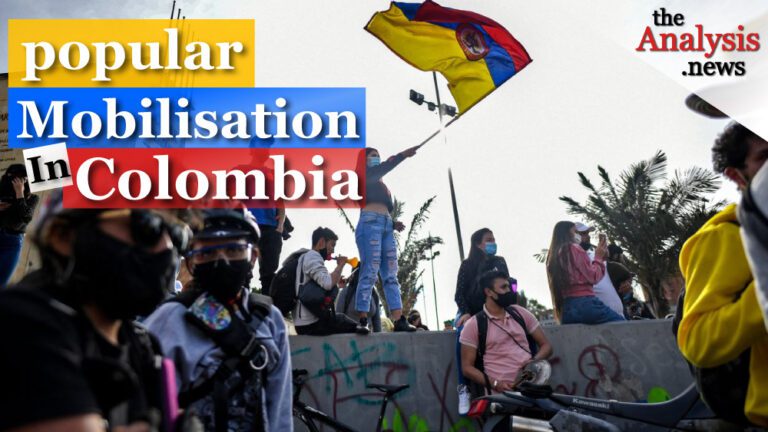
Colombia Enters a New Phase of Popular Mobilization
Tensions in Colombia have reached a boiling point, partly due to the pandemic crisis, but mostly because of the extreme neoliberal policies of the country’s right-wing government, says Colombia expert and political science professor Forrest Hylton.
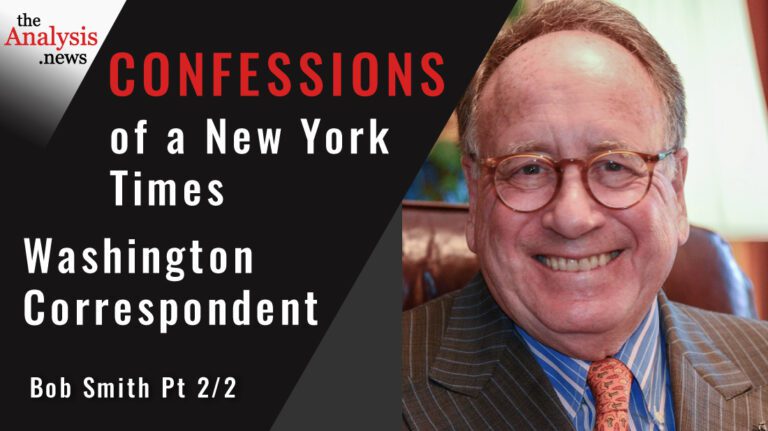
Confessions of a New York Times Washington Correspondent – Bob Smith Pt 2/2
The Watergate break-in was leaked to Smith before Woodward and Bernstein, but the Times refused to pursue the story. Bob and Paul discuss how bias and suppression of important stories continue to this day, on theAnalysis.news with Paul Jay.
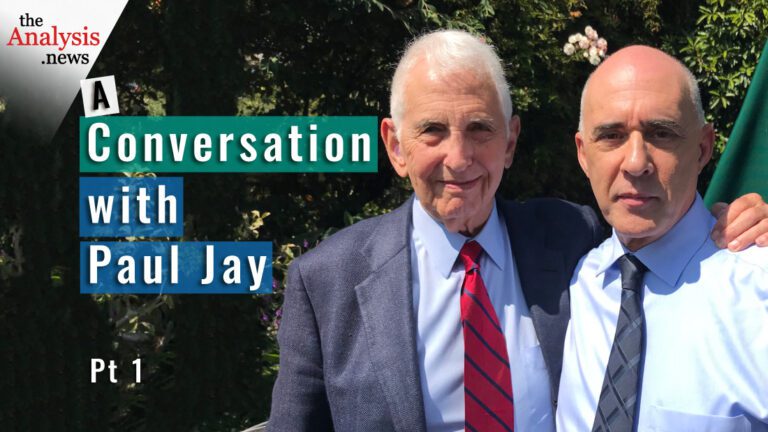
A Conversation With Paul Jay – Pt1
Paul is interviewed by Andrew Van Wagner, and in this segment, he talks about working with Daniel Ellsberg on a documentary film based on the book Doomsday Machine.

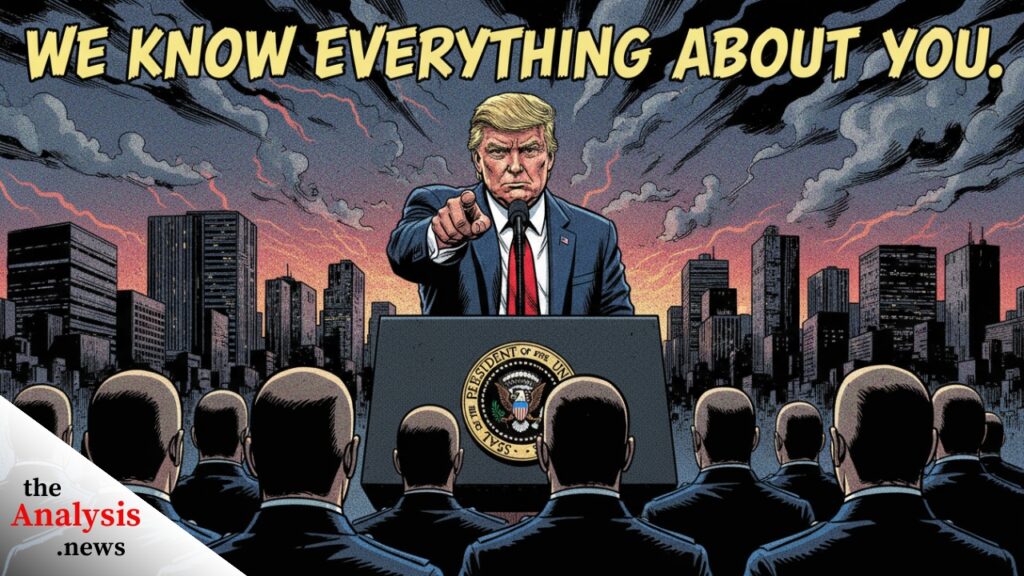
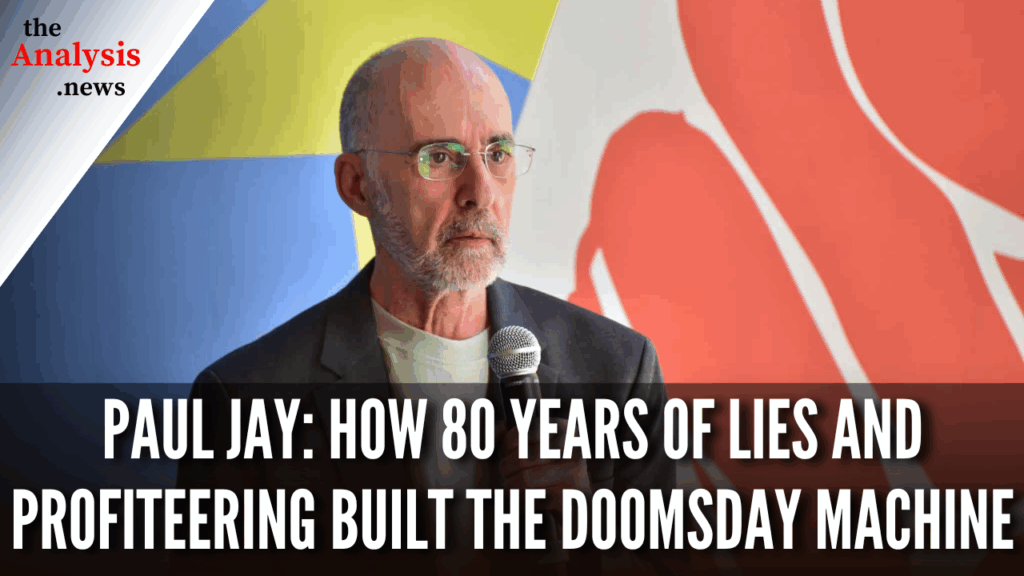

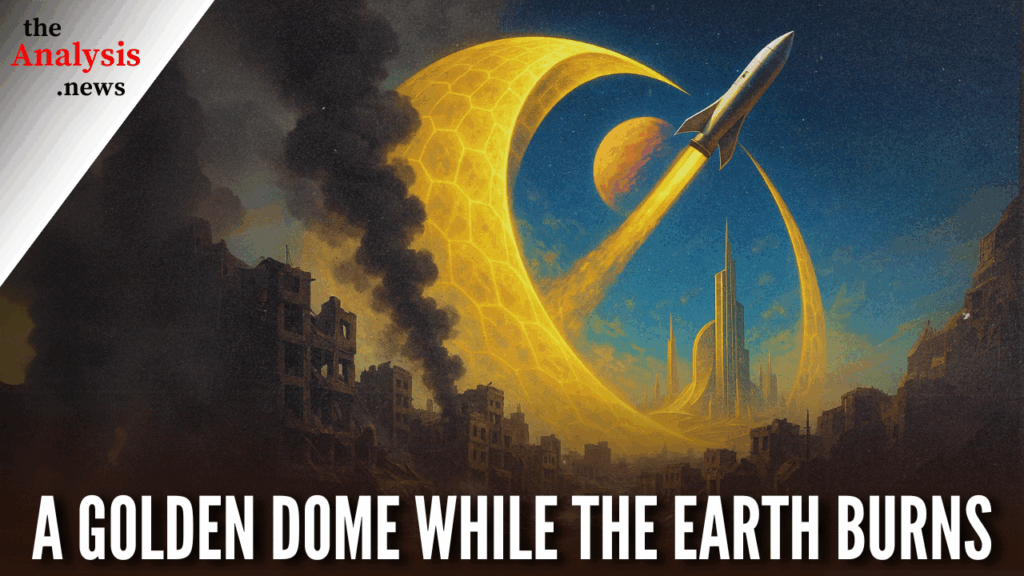
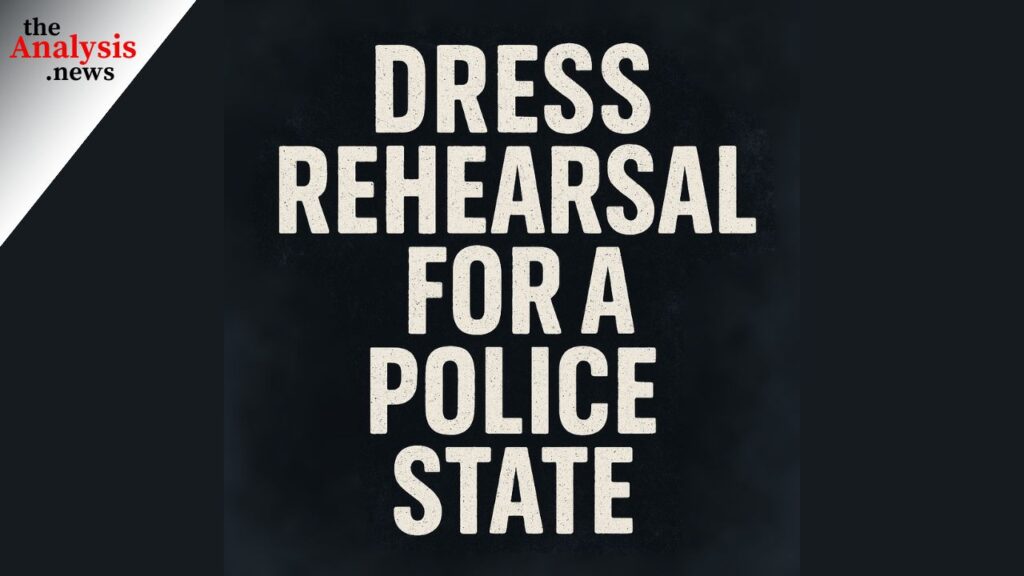



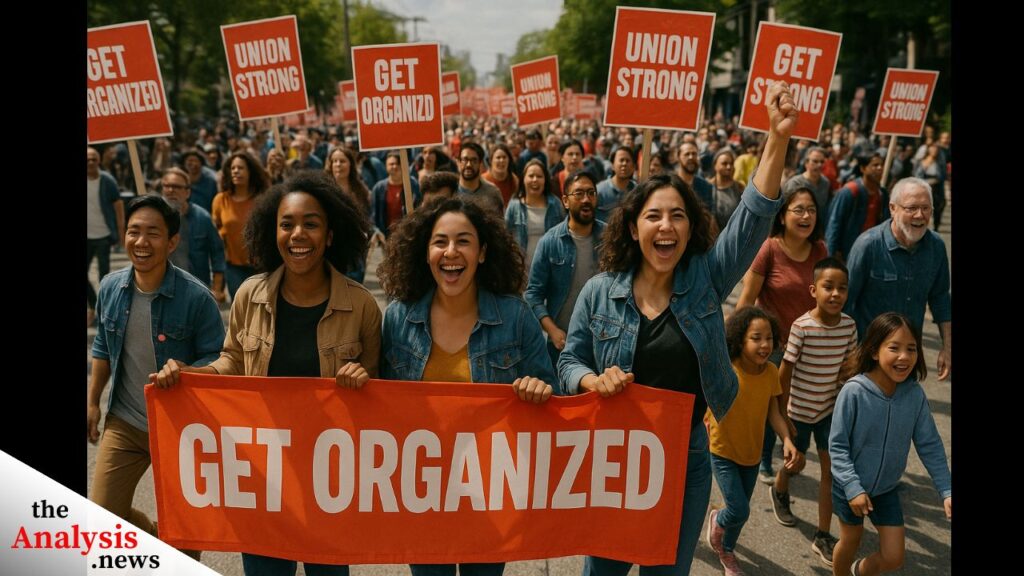



I am reminded, but not exactly of part of a quatrain from Khayam’s Rubaiyat after listening to more than 20 minutes of this interchange between the late Mr Panitch and Mr Hedges: Out each door I came as I went in.